Diversifying my inbox: A list of really good substacks
Sharing my favorite newsletters from that viral Substack note
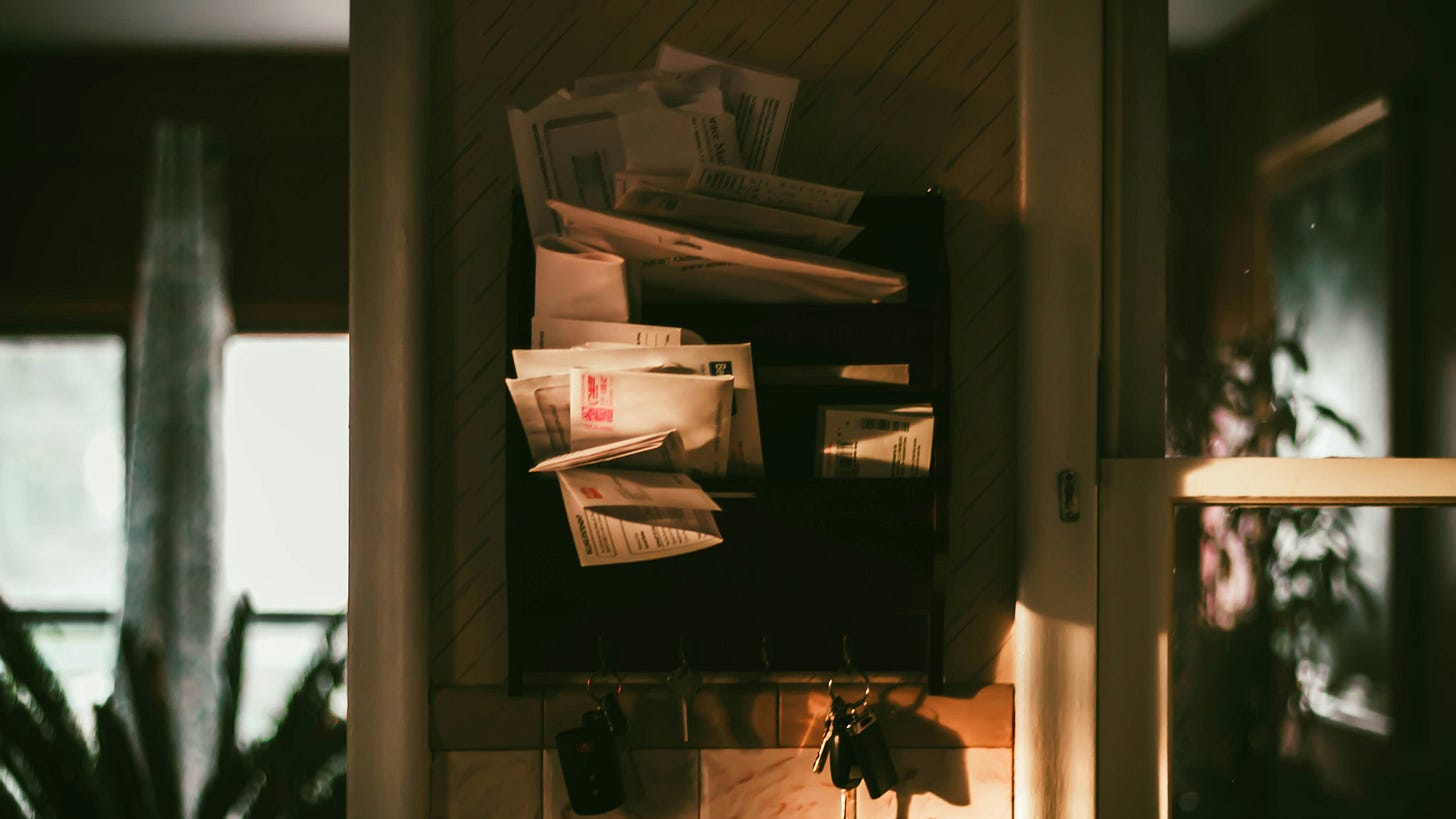
Whenever writer’s block is about to end, there’s this urge to read again — that’s how I know creativity is coming back. So when I logged into my Substack inbox after almost two months, I was excited to find a large number of essays waiting. But scrolling through, I realized how similar they all are: from thought-daughter discourse, to the latest TikTok trend, to why a particular fashion trend is back, or how to navigate your 20s. I love reading those essays — they’re nostalgic, reminding me of a time I lived through a decade ago. But seeing this long list of the same topics regurgitated over and over made me realize it might be time to diversify my inbox a bit. So I posted this note:
I didn’t expect it to blow up the way it did. Never have I ever received that many comments on anything. At first, I dutifully liked every single one and promised myself I’d read through each and every comment. But once the number of comments hit 350, I simply had to give up. Substack’s UI doesn’t seem designed for people like me — willing to go through that many comments and like every single one.
So if I didn’t like your comment, please forgive me. I tried — I really tried!
That said, I did go through the majority of the recommendations and found a mixed bag of people, topics, and writing. I’m sure there’s something in there for everyone — I certainly found a new favorite newsletter or two.
Below is a totally subjective list of all the essays, Substacks, and writers I discovered through that note (in no particular order). Maybe your next favorite read is just one scroll away.
is your reading performative? by Aurora Blythe
Loved this piece about the social media bookspace and reading trackers. BookTok is what got me back into reading after not having read for almost a decade and I love that an online community got more people back or into reading in the first place — but this online community has also ruined reading a little bit. By now, it feels so unpersonal. For me specifically, I realized I hadn’t read one book in my native language (German) in over a year because BookTok is so heavily English-focused. While I still watch some English creators in the BookTube or BookTok space today, I now find myself just browsing through my local bookshop and pick books that I find interesting and I don't care anymore about whether or not this book is popular. I’ve discovered so many new authors and series that I’ve never seen on BookTok through this.
Everything becomes aesthetized. Book influencers have a perfectly curated Instagram, with hundreds of unread books on the shelf, perfectly organized by color or title. It’s all about consuming, about buying an aesthetic, a personality, and not about reading.
That’s what influencer culture does, it makes reading feel like an accessory you can purchase at once rather than an experience you need to build with your own emotions, intellect, and heart.
Friendship for the almost 40 by suansita k.
Friendships have always been hard for me, not keeping them, but finding new friends. Suansita’s piece on friendships in your 30s (almost 40s) is such a great piece from someone who also doesn’t seem to be a natural at making friends.
Friendship is so hard to define. Is a friend just someone whose company you enjoy? What distinguishes a friend from an acquaintance? Do you have to both agree that you’re friends? If you don’t talk to them for a year, or five years, are you no longer friends?
The Wisdom Economy by Peter Cullen
When I saw the title it immediately reminded me of the self-help economy, something I’ve written about before. What I then read had nothing to do with self-help, but all to do with what wisdom and knowledge is in the age of AI.
If knowledge has been democratised and the playing field is more level than ever, what then? Do we naturally take the next step up the ladder, from information to knowledge to wisdom? Is it a given that, with instant access to information and knowledge, that wisdom follows along obediently, or does wisdom actually dry up and become in ever shorter supply?
My question is, can you shortcut wisdom?
Can a twenty-five-year-old ask ChatGPT to give them the wisdom of a typical fifty-year-old? Let’s try with a prompt, try and shed some light on the question.
To all the versions of me I've loathed before by Melissa Mowry
We all have lived so many lives and I love how this piece touches on so many layers of one life, holding space and embracing them — no matter how we felt during that phase in our lives. Because no matter how sad or difficult a past life has been, it still shaped us into the person we are today.
She wouldn’t know for many years that, as wonderful and life-giving as her marriage would turn out to be, she was already whole and complete, all by herself.
I remembered being that girl, the one who would check fifteen books out of the library at once, a real-life Matilda carting home a wagon full of her spoils, trying to make sense of the world through the written word.
For so many years, I was ashamed of these women I used to be—the versions of me that were scared and depressed, lonely and addicted, that felt like both a naive child and a world-weary octogenarian.
My fridge knows me best, tbh. by Jude
I love how the ordinary things in life describe us best. A short but delightful list of all the stories our fridge tells about us.
I could really use more magnets…
My dog Charlie Bagel who died in 2020 in his favorite position, snoozing
This made me laugh! Considering it is a kind of sad but hopeful story about getting a new job after 435 days of unemployment, it is a spectacular feat to write something so real and make the reader laugh.
Nothing says "welcome to startup life" quite like architecting a component hierarchy while the CEO's dog sniffs at your ankles.
The most stable job opportunity I've had in 435 days came from the least stable company through the most random connection.
A Life Shaped by Five Languages by Monica Nastase
As a bilingual myself it always amazes me how different my brain works in each language. Monica’s essay about her “life shaped by five languages” was a beautiful read because it reminded me so much of my own experience with learning and knowing different languages (I also know some French and very little Swedish).
What is the mother tongue then, part of our fiber and becoming, if one can forget parts of it so completely?
English is in every fiber of my body today, it’s a lifetime love affair.
I’m always surprised I can speak German a little better than I think I do. It comes out as if from a drawer in the brain where all the logical elements are stored.
Two essays by Jake Varrone
Jake’s profile picture looks almost exactly like the slack profile picture of a colleague of mine and it was a bit of a jumpscare — I don’t want my workplace to find me here, so I clicked to make sure and started reading. And then I didn’t stop and two pieces stood out to me immediately:
This piece reminds me of those indie movies no one makes anymore (or the algorithm swallows them and I simply don’t see them).
They had me held hostage in wet-laundry limbo.
Never again would there be an identical moment at any point in time, or anywhere in existence. Never again would the laundry spin the same way twice.
Why You Feel Stuck (Even Though You Write Every Day)
Like you’re writing so much, but not finishing anything.
Reality TV deserves your respect by Jess
I love reality TV and I am kind of mad I didn’t write this piece myself. Absolutely enjoyable.
Even with the heavy hand of producers, even with contestants playing a game, the truth seeps through. We instinctively recognise authenticity. Reality TV - in its best moments - is humans laying themselves bare. It’s a study in human behaviour, a reflection of society in real time.
And it’s not just about entertainment - it’s about representation. Reality TV offers a rare space where women, queer people, and marginalised communities can see themselves - often in ways that more mainstream media fails to provide.
My secret place by Seth Putnam
In his comment to the thread Seth wrote: “I write about home, community, and making sense of it all” — and as someone who always wondered what home is and should feel like this had me hooked, especially the piece “My secret place”. Finally a piece about boyhood instead of girlhood. Loved this!
The more I build my relationship with my own son (age 6) the more I reconnect — in an almost mystical way — to the boy I used to be.
I can’t get past the knock-you-out poetry in Drew’s final line, “when the leaves fall, and we have no roof.” But here we are: born to daydream on a summer day, forced to increase value for shareholders — and eventually face the eventual realization that the treehouse is under attack.
What It's Like to Get Laid Off by Fendi Liu-Dufner
Getting a calendar invite from my manager and HR one morning is my biggest fear. Loved Fendi’s storytelling about getting laid off and the feelings that come along with it.
The attendees: myself, the head of my team, and HR. The trifecta of corporate doom.
Same Way Same Day by Adrian Neibauer
We need more teachers. And not just that, we need more teachers who care and we need to allow them to teach in a more flexible way than this. I haven’t been in school for a hot second and can’t say how this has developed in Germany, but knowing how many teachers quit due to burnout over here, I wouldn’t be surprised if we have very similar problems.
Improving standardized test scores does not improve the schooling experience for students; all this guarantees is that each lesson is identical no matter who is teaching it, and which students are learning.
I am forced to trudge my students through short articles where we identify the main idea, supporting details, and overall text structure. Instead of learning about and discussing the Battle of Bunker Hill, we must highlight the first and last sentence of each paragraph, and write the central idea with supporting details on a piece of paper to be graded.
I googled midlife crisis by Tuğba Avci
Tuğba found the most amazing words about turning 40, reaching “middle age”, and the typical midlife crisis. As someone closer to 40 than 30 this was a really interesting read.
I don’t recall ever coming across discussions about how women experience a midlife crisis.
Turning 40 is a significant milestone in Sufi culture as it signifies the transition to full maturity, both physically and spiritually.
Why do we call it a midlife crisis? Why not refer to it as a midlife recalibration, a midlife awakening, or maybe even a midlife reawakening?
XOXO
Annika





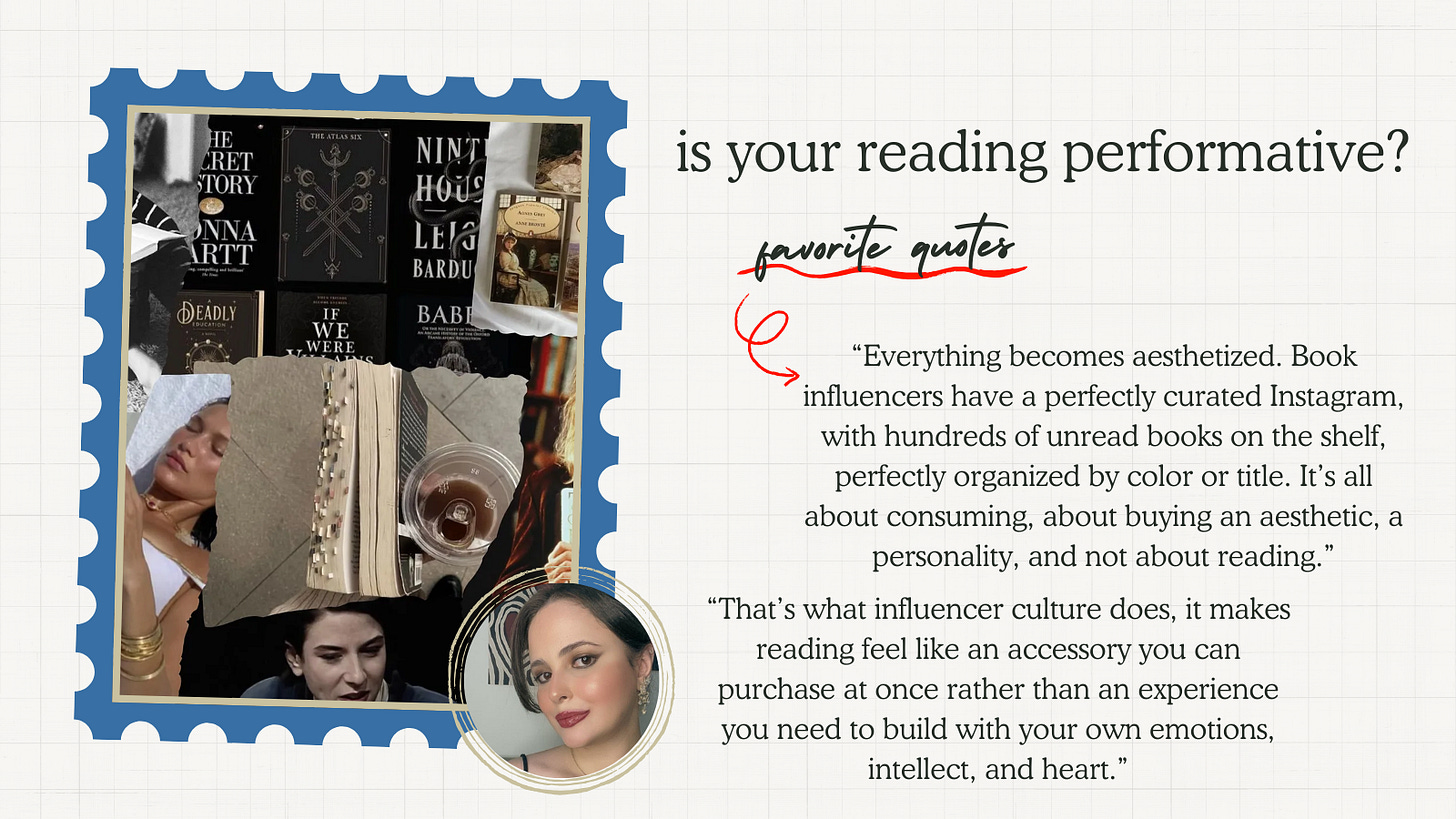
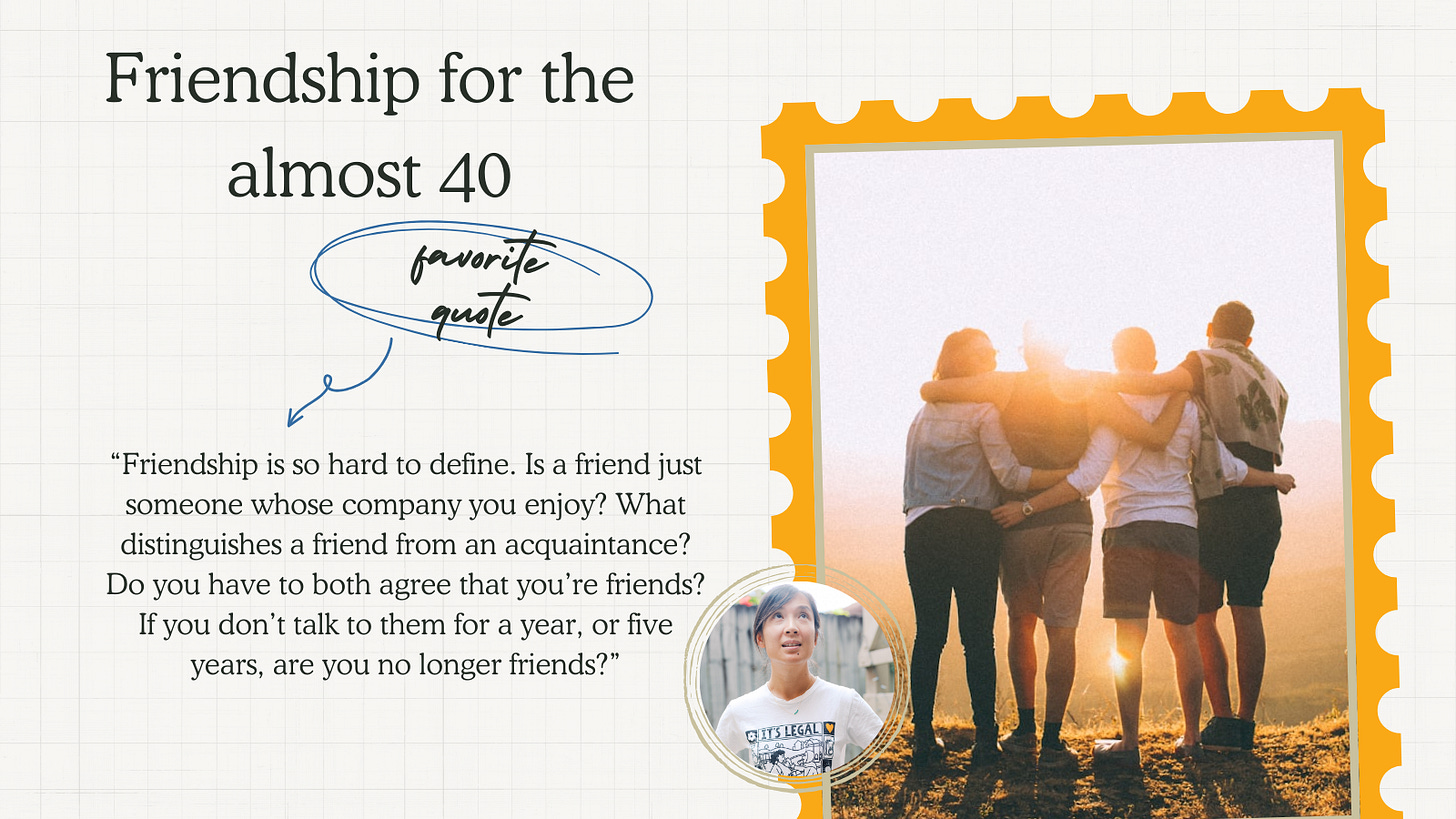
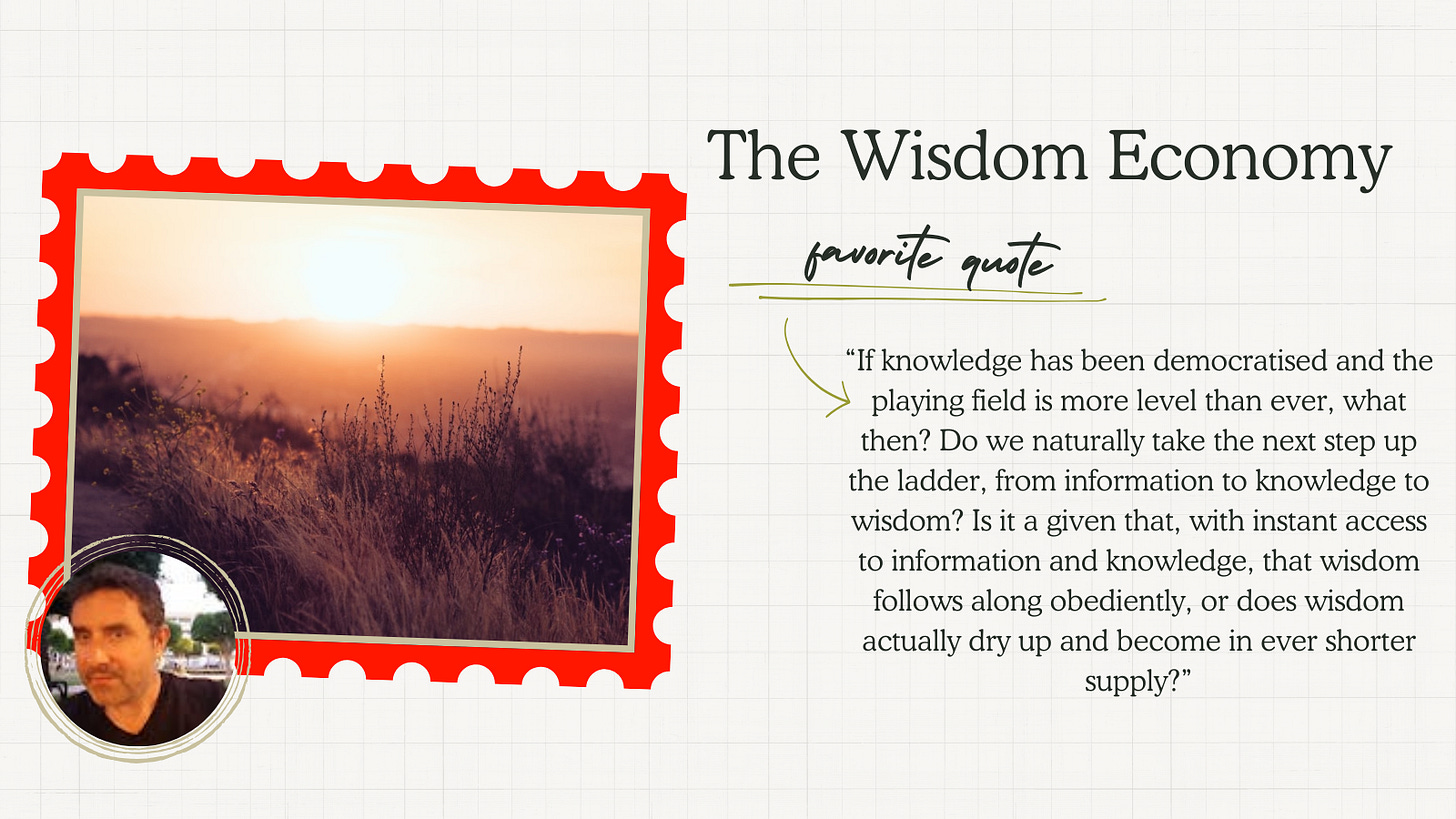
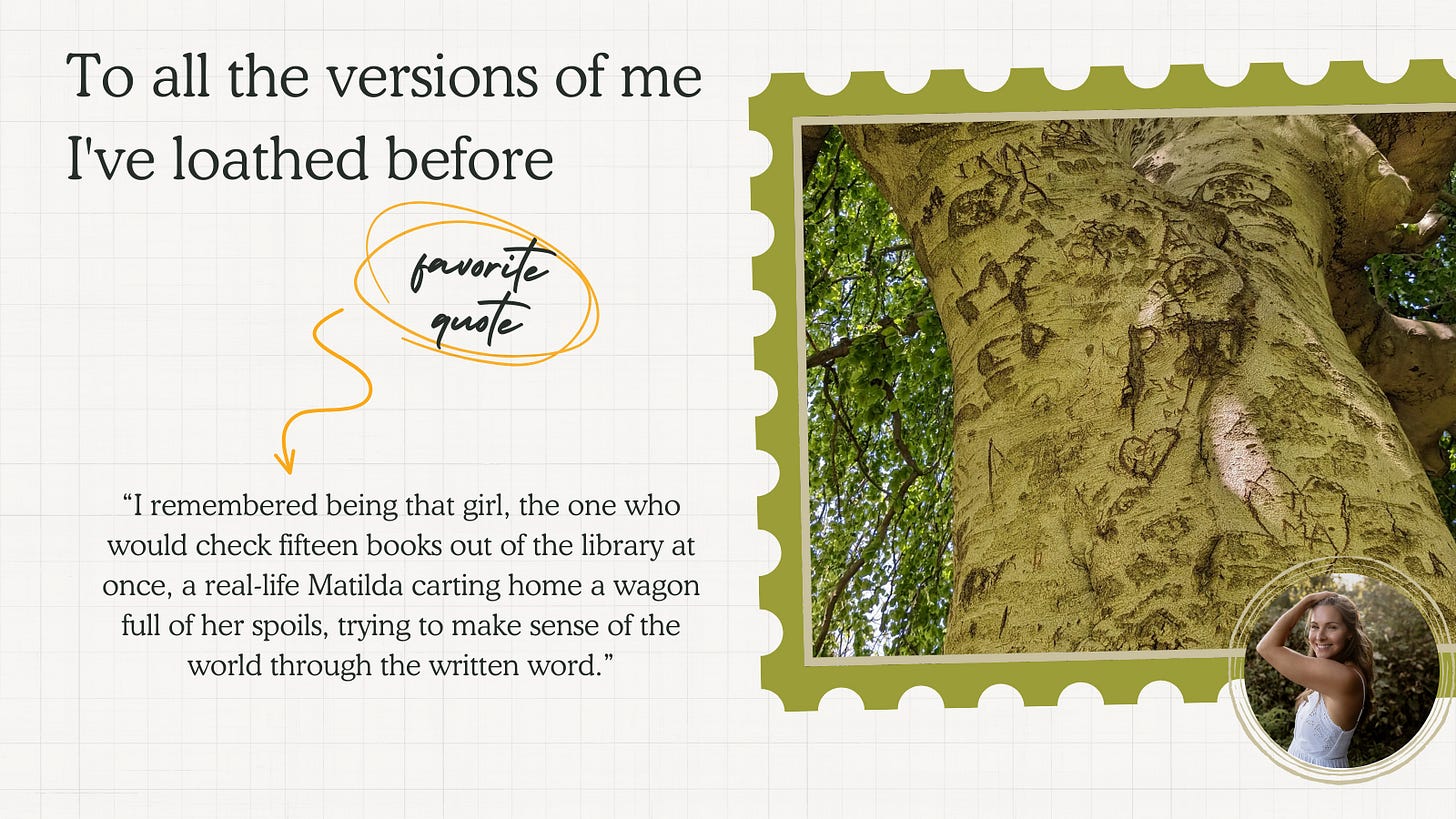
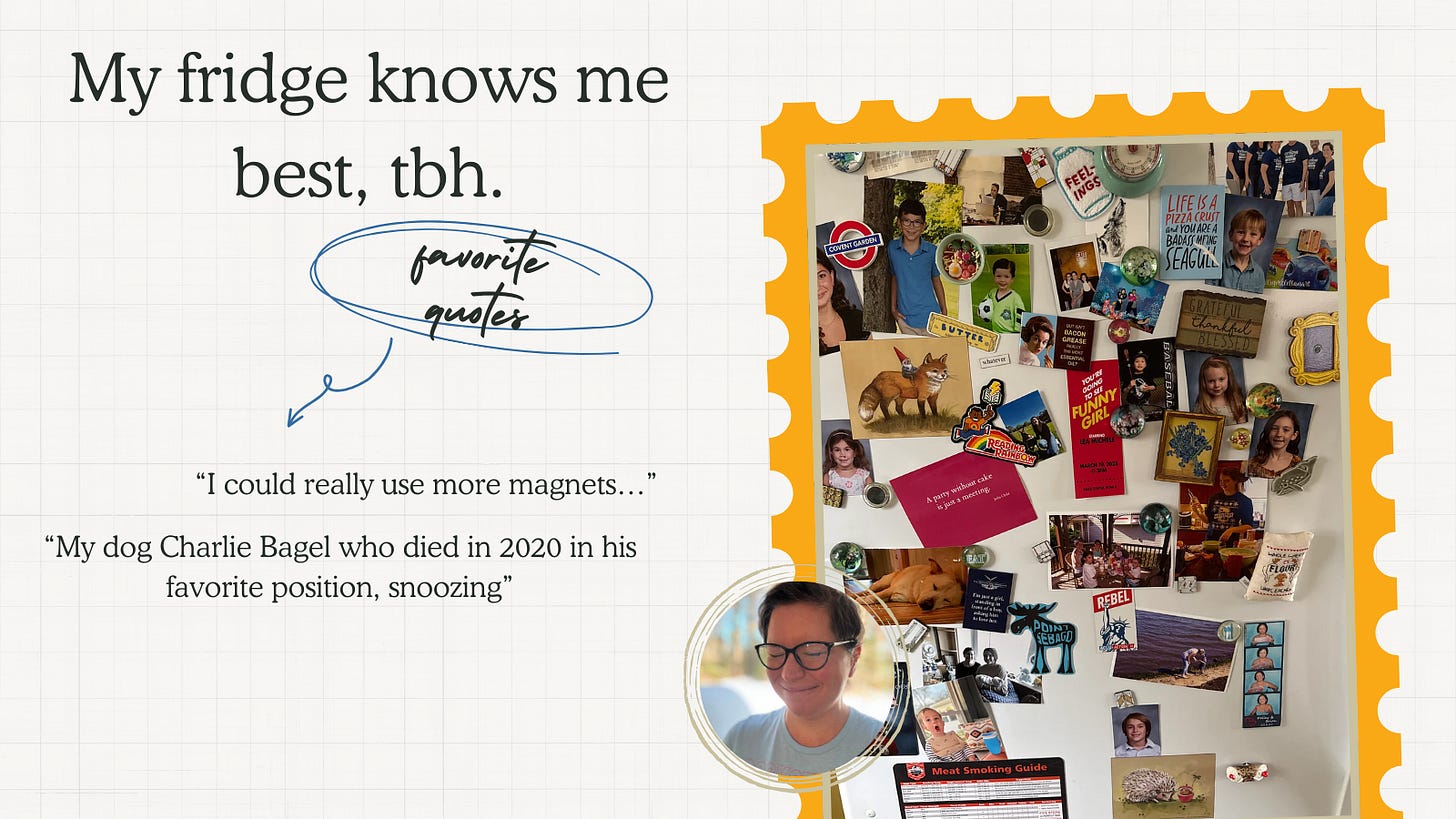
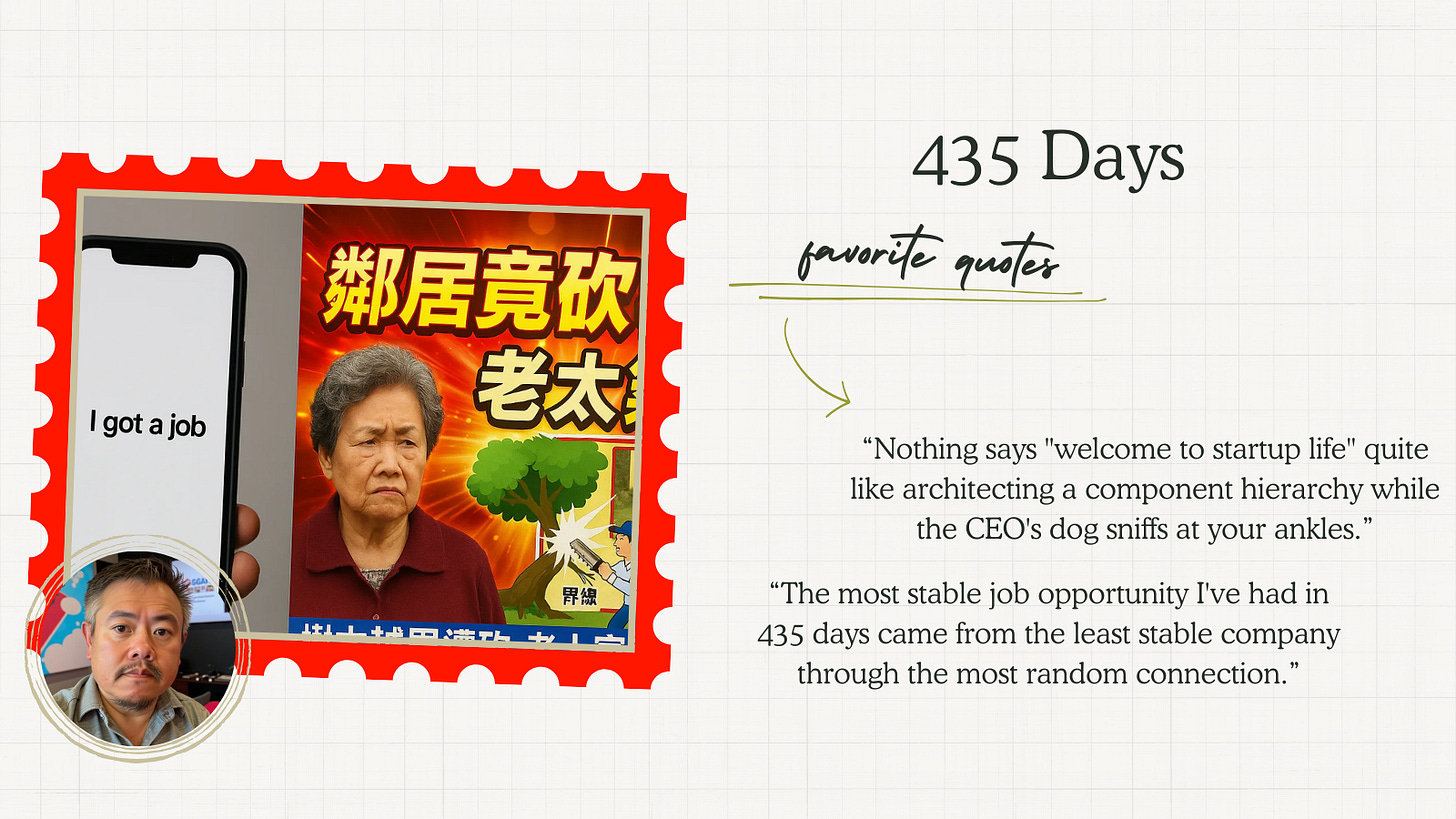
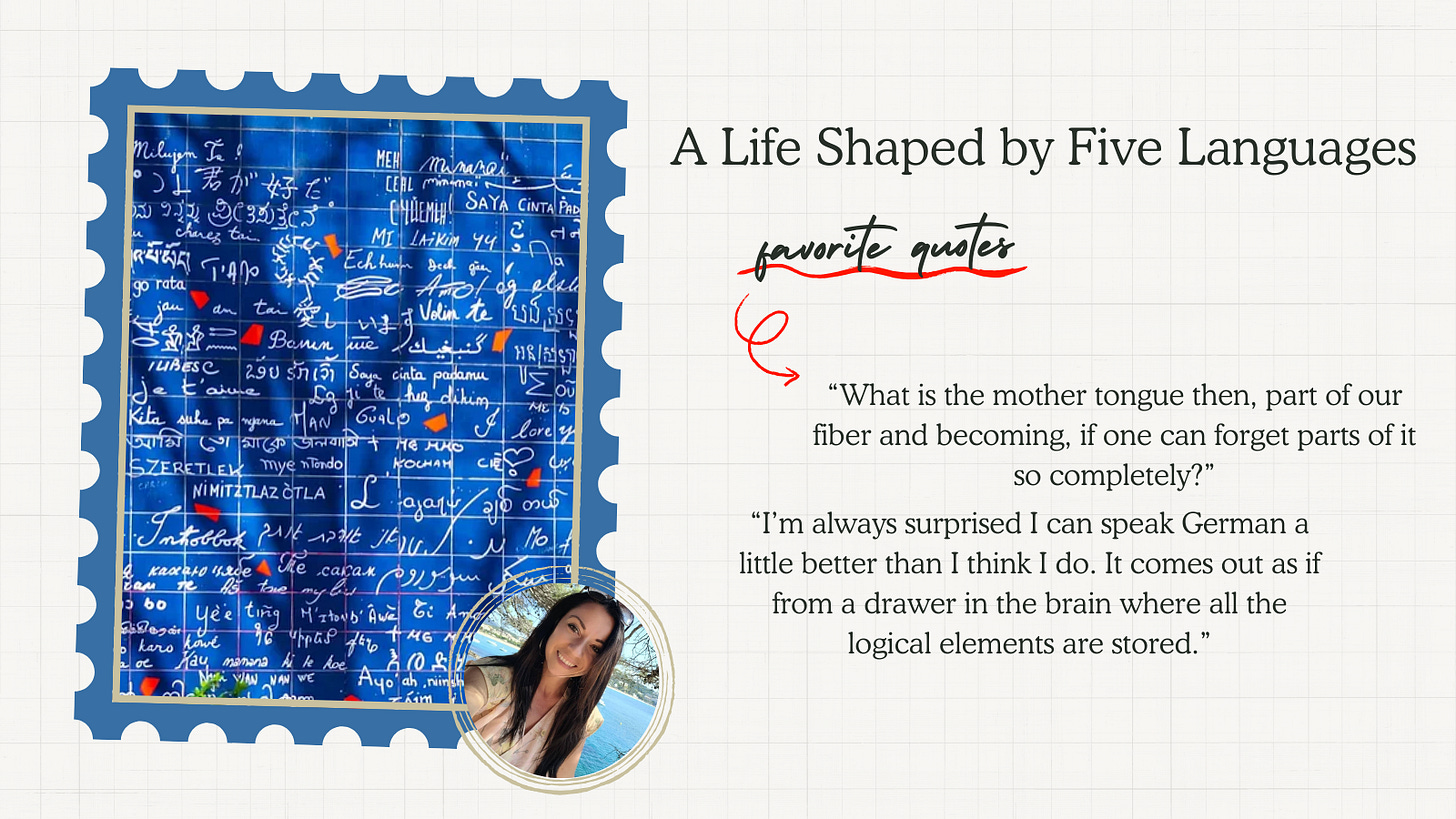
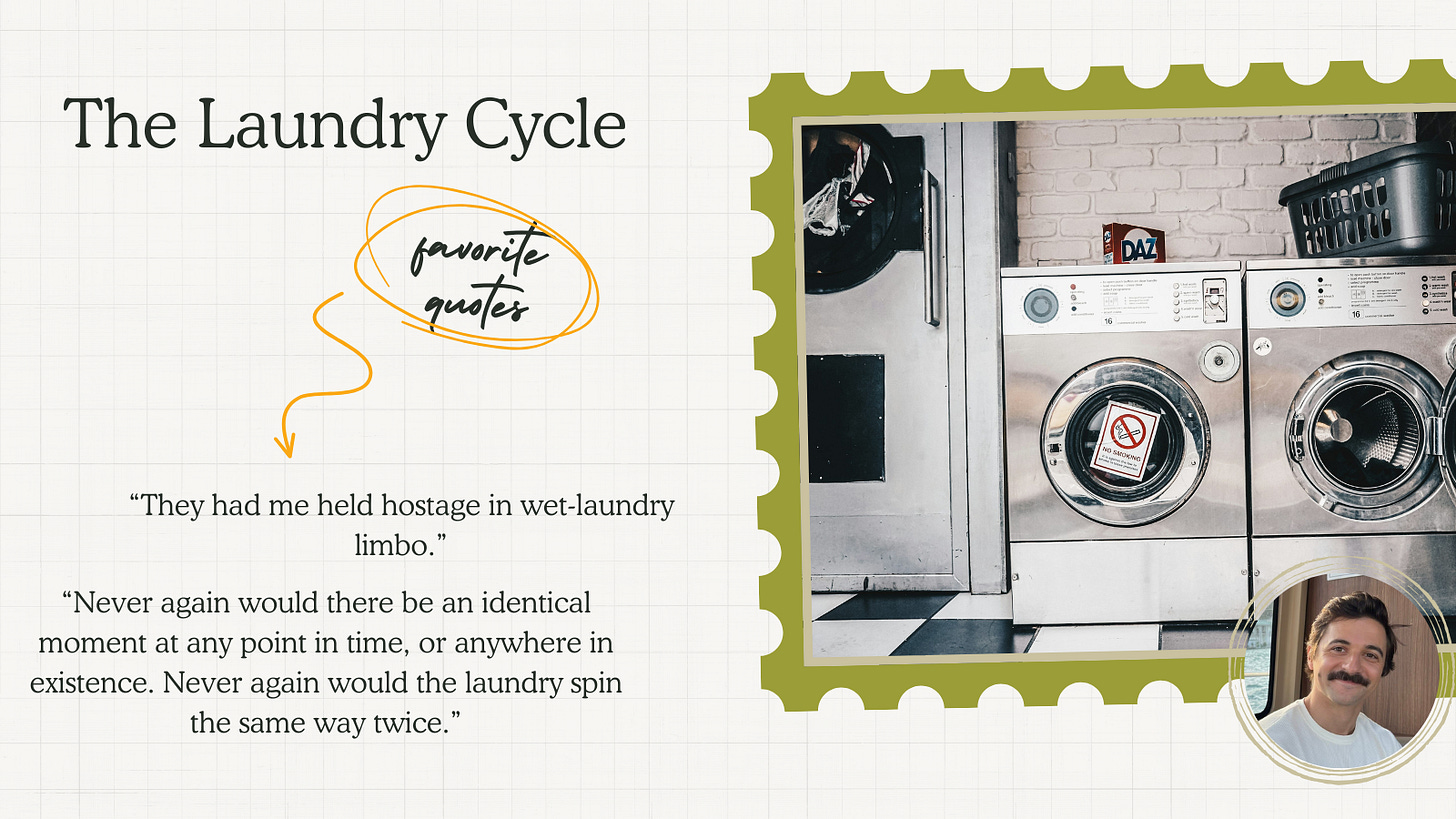
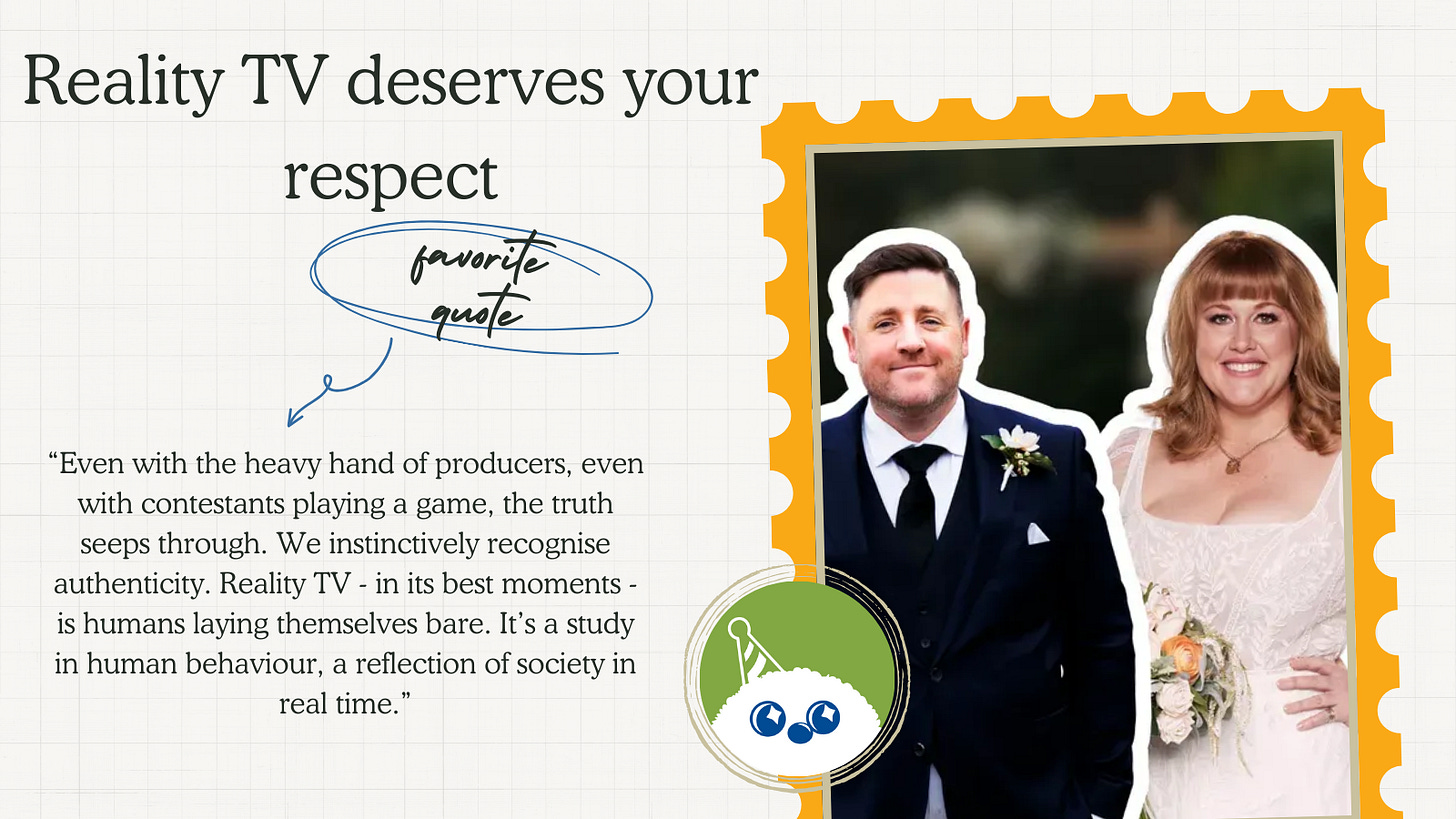
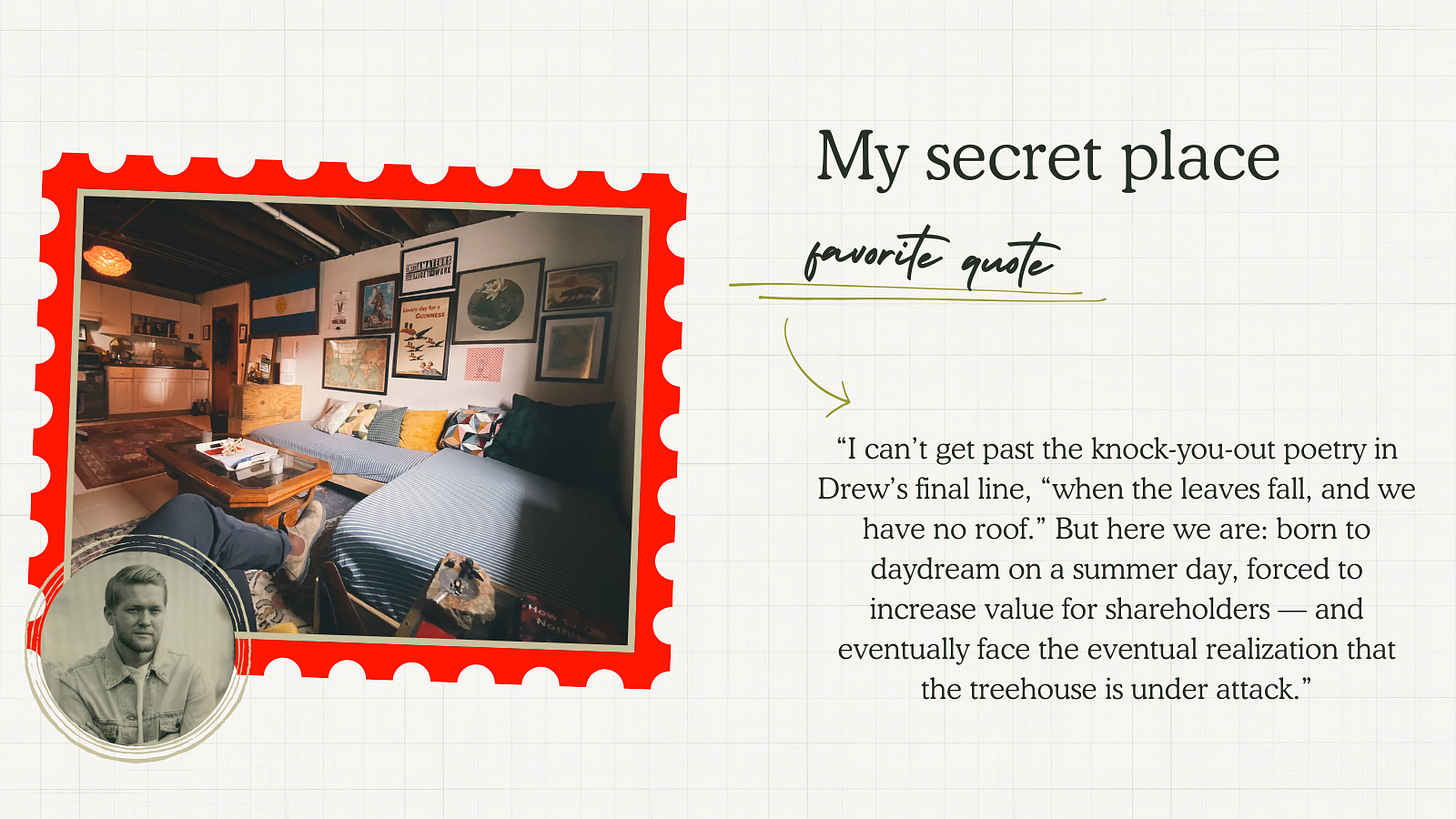
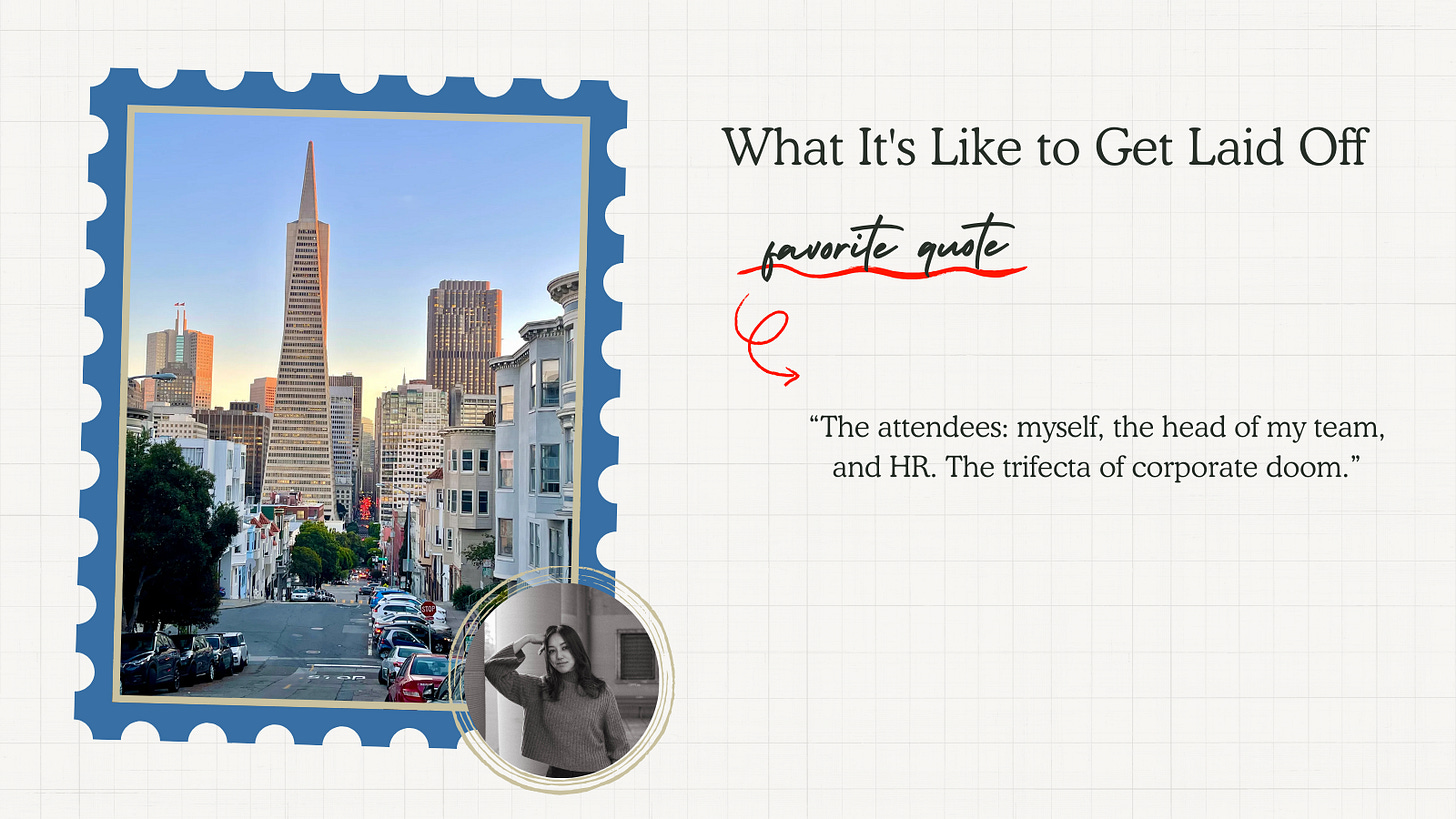
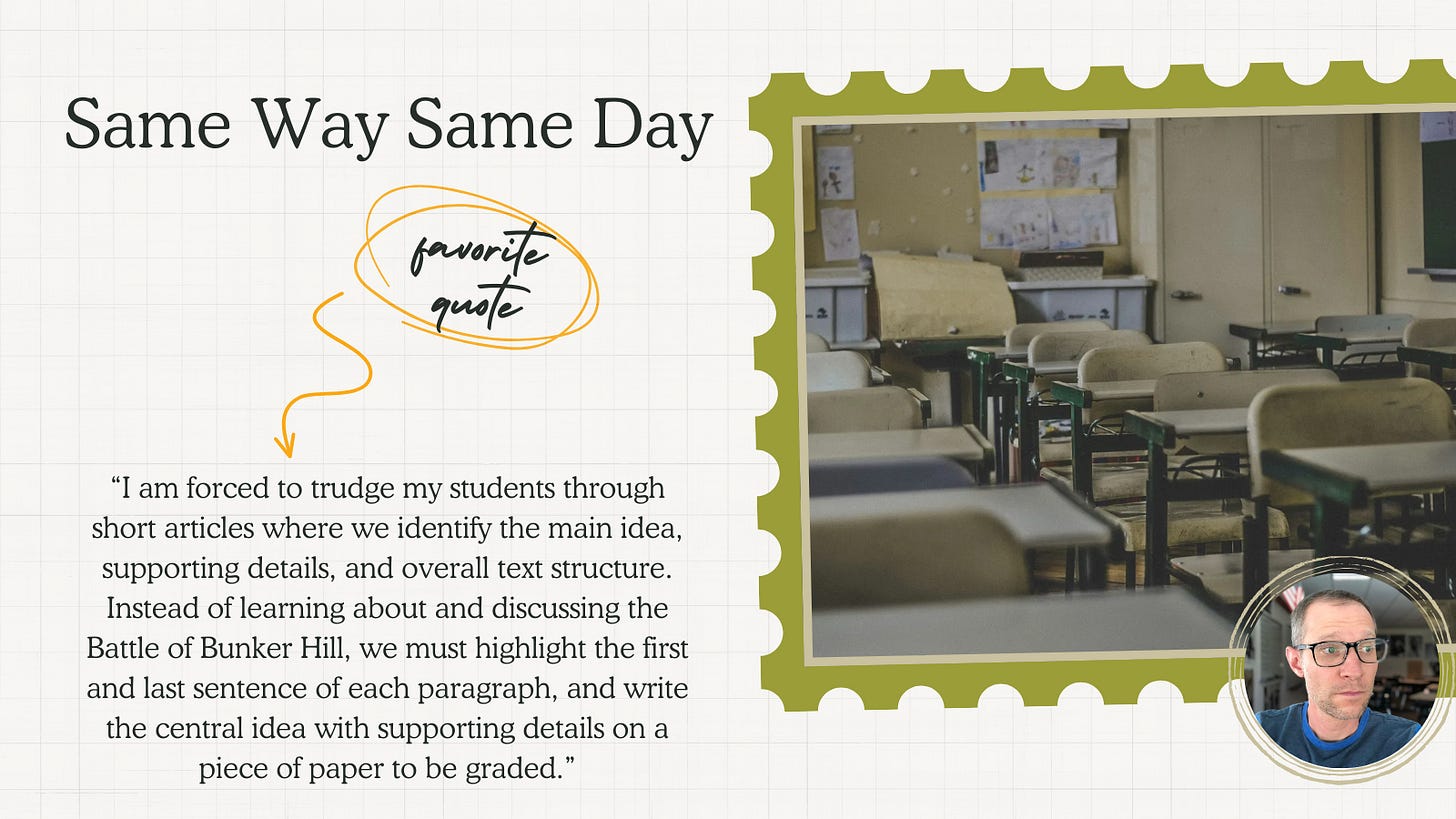
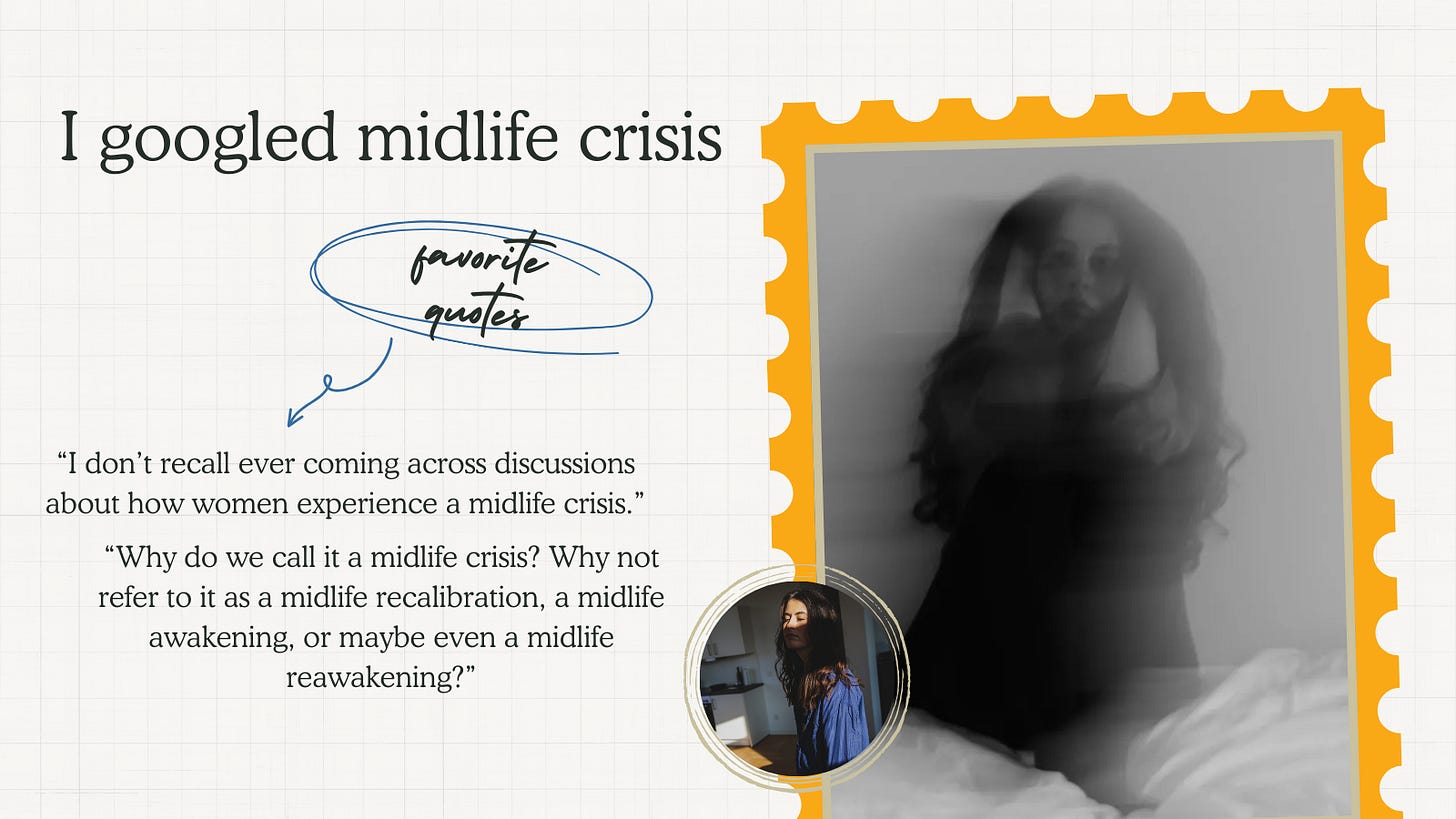
This was such a fun curated read! I really appreciate all the care that went into putting this together, Annika. I can't wait to dive into these suggestions more - I, too, have been wanting to diversify my reads more.
As someone who still falls in the young and confused substack group I loved seeing your recommendations for posts with a bit more perspective!! Thank you for sharing I needed these :)